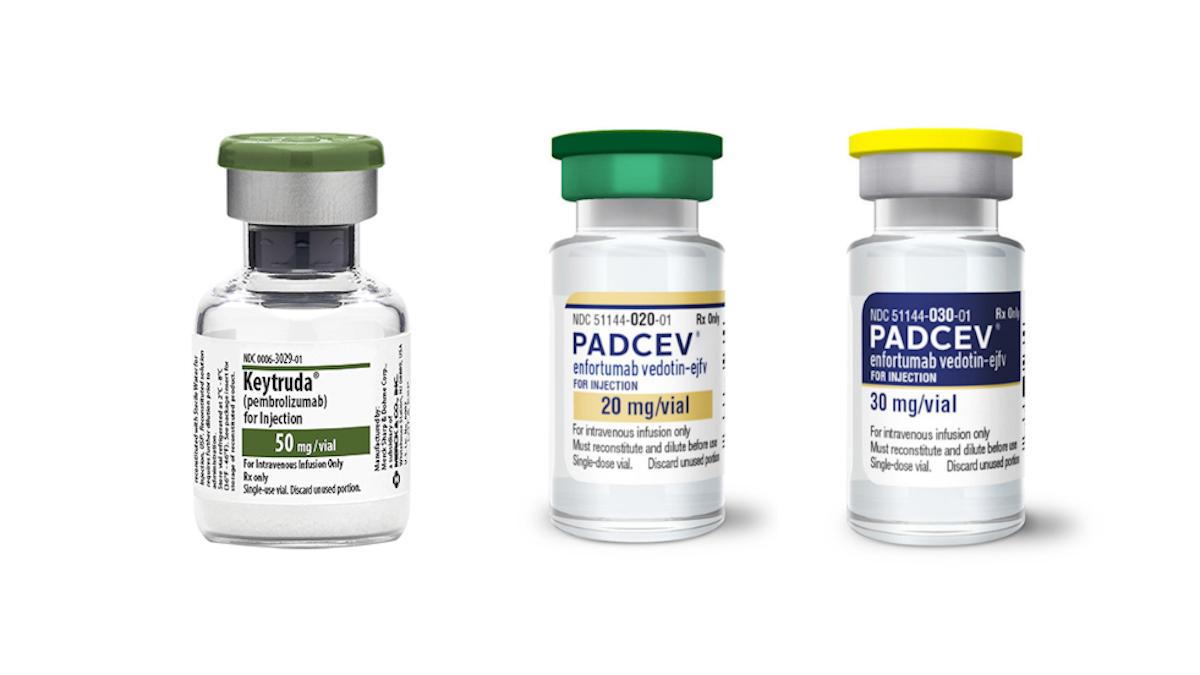MSD’s Keytruda plus chemo backed by NICE for lung cancer

Merck & Co/MSD’s Keytruda can be provided via the Cancer Drugs Fund for first-line treatment of non-small cell lung cancer (NSCLC) as part of a regimen with chemotherapy, says NICE.
Draft guidance published today by the cost-effectiveness watchdog says that a regimen based on the checkpoint inhibitor plus carboplatin and paclitaxel should now be a treatment option for previously-untreated adults with squamous NSCLC that has spread to other parts of the body.
NICE stopped short of approving it for routine NHS prescribing, but acknowledged that trials of Keytruda (pembrolizumab) plus chemotherapy suggest people taking the regimen could live longer than those who have standard chemotherapy alone.
The clinical evidence is however immature, it says, and that means the cost-effectiveness estimates for the combination are “very uncertain,” according to NICE. Keytruda and chemotherapy should be stopped after two years of uninterrupted treatment, or earlier if disease progresses, says the draft guidance.
The decision is based on ongoing data from the KEYNOTE-407 trial, which found that the combination improved overall survival in metastatic squamous NSCLC – regardless of PD-L1 tumour expression levels - by almost 16 months, compared to just over 11 months with the chemotherapy on its own.
When further data from the study is available it could be that Keytruda transitions from the CDF to routine NHS use. NICE says around 7,500 people in England are diagnosed each year with this type of lung cancer, and of these around 1,700 may be eligible for Keytruda combination therapy.
Last year, the agency also backed the use of Keytruda with pemetrexed and platinum chemotherapy – once again via the CDF – for untreated adults with non-squamous NSCLC, an indication that has around 3,000 eligible patients.
Keytruda is administered every 3 weeks by intravenous infusion. The 200 mg infusion has a list price of £5,260, but the company has offered the NHS a confidential discount.
Louise Houson, managing director of MSD in the UK, said: “We are pleased that following this approval, the majority of lung cancer patients now have access to some form of immunotherapy, including those patients with particularly hard-to-treat forms of this disease.”
She went on: “Enabling access to the first immunotherapy/chemotherapy combination for this form of lung cancer in the first line setting will make a real difference to patients.”












